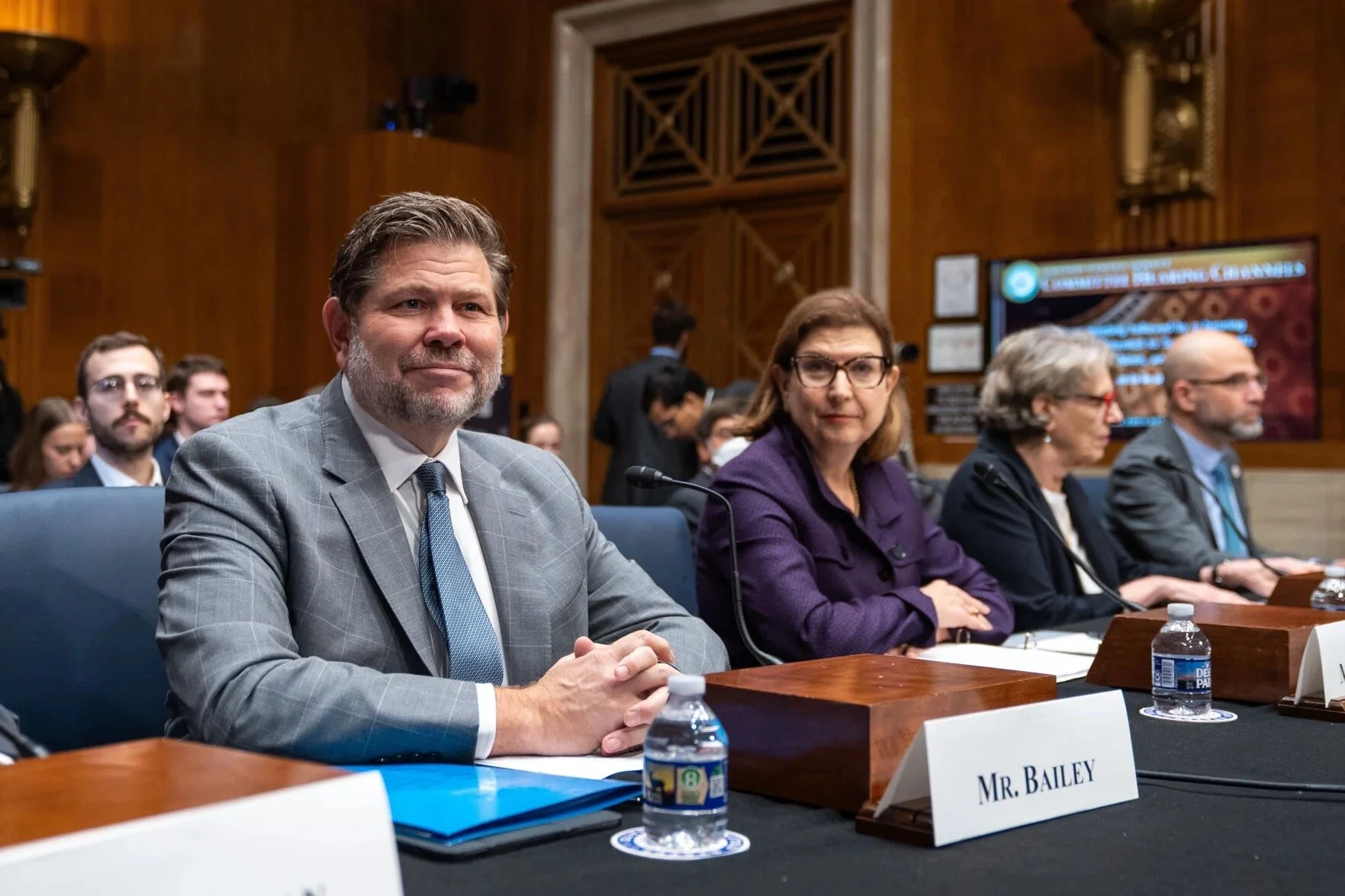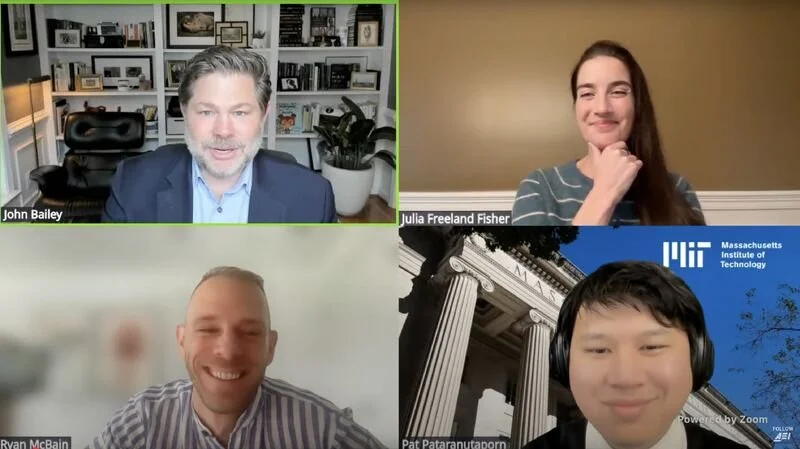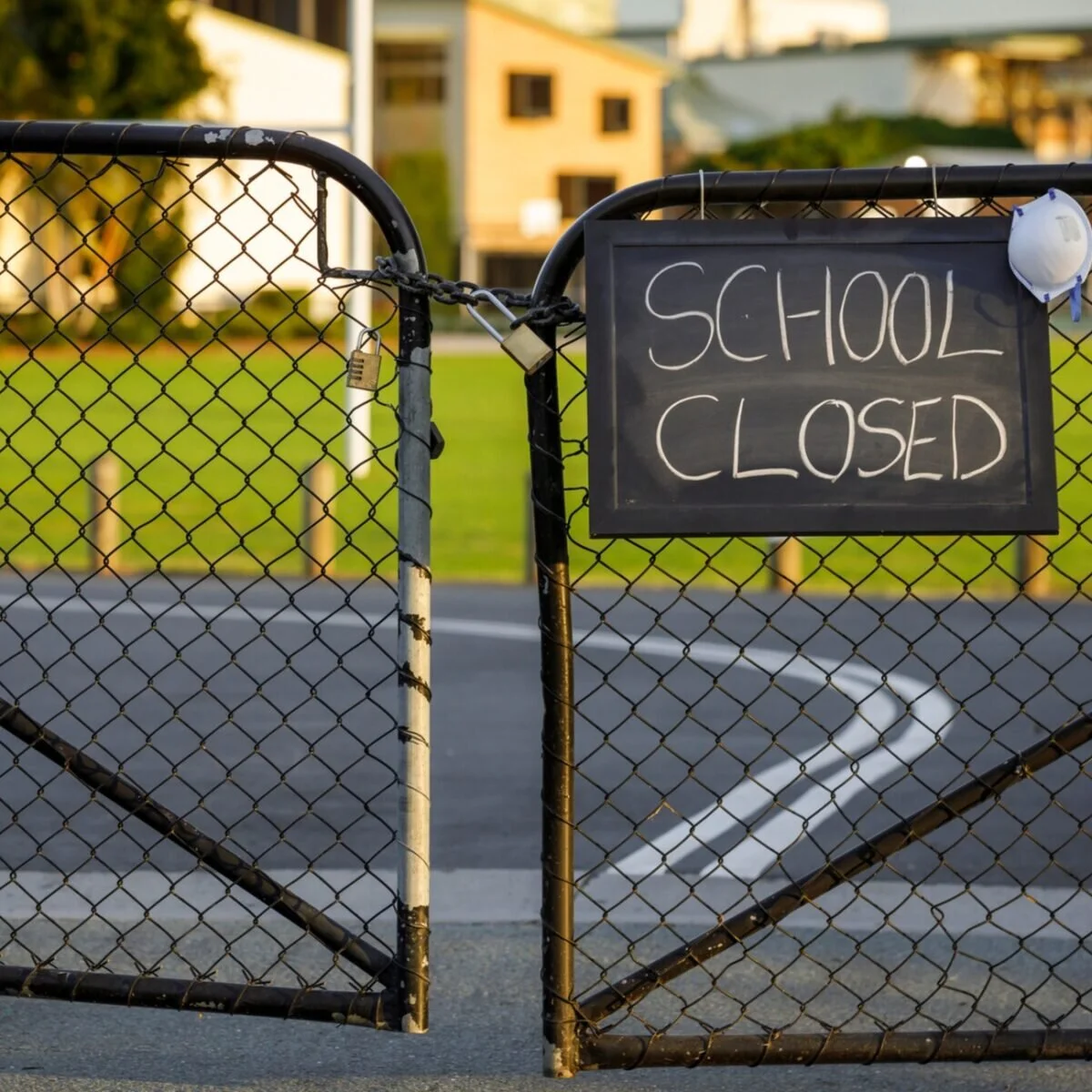Recognizing these additional costs many low-income families are now facing, the U.S. Congress should go further in the cash benefit program and provide $1,000 per child. The benefit should have an income cap, $90,000 for singles and $180,000 for couples, so that it targets assistance to those who need it the most. And it should not be a one-time payment, but rather a monthly benefit with clear triggers, such as public-health emergency declarations and extended school closures, to continue the payments until this crisis has abated.
Congress should not wait until the crisis worsens, given the needs families are facing right now that they hadn’t even imagined just two weeks ago. This direct cash assistance could make the difference between a child continuing their studies or falling behind.








